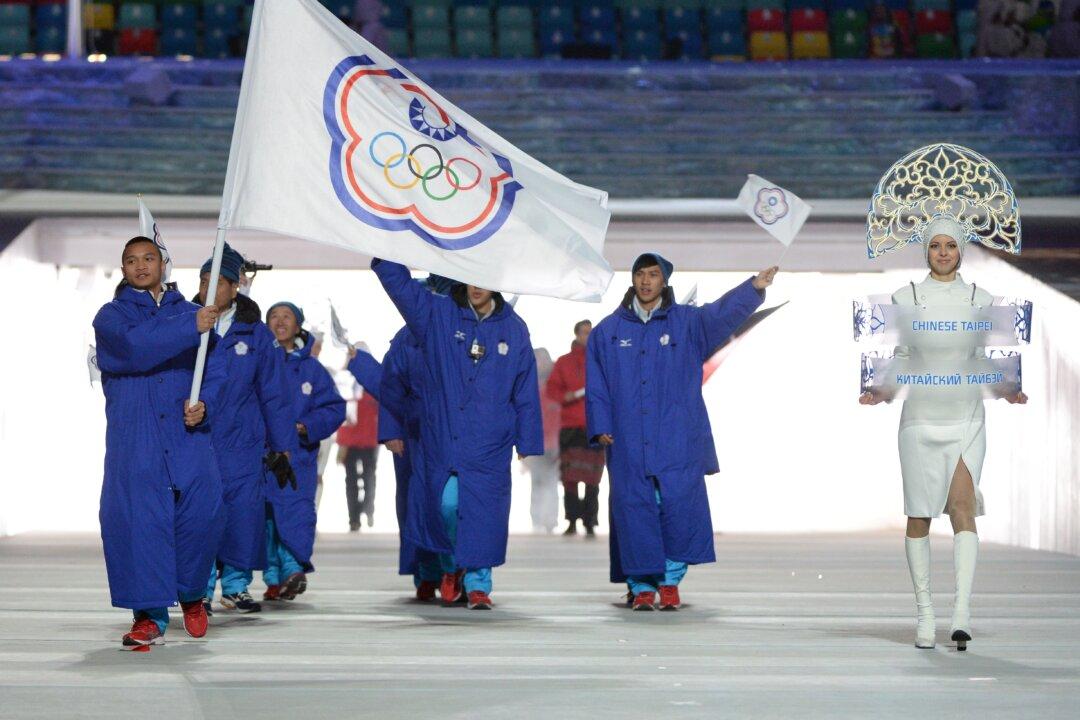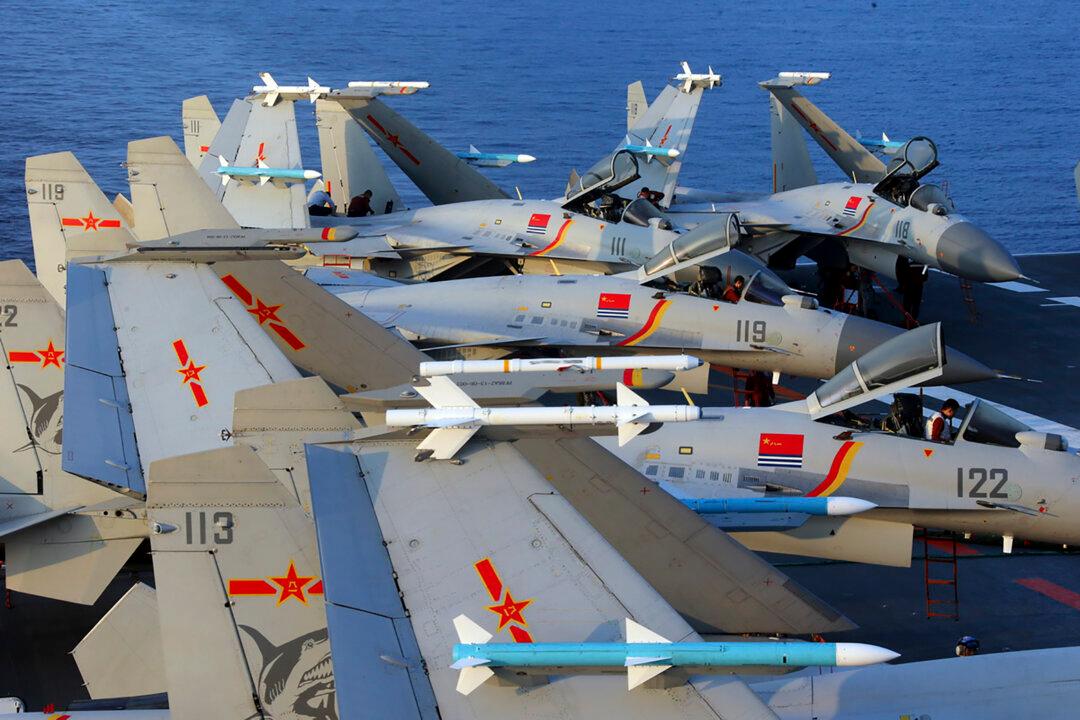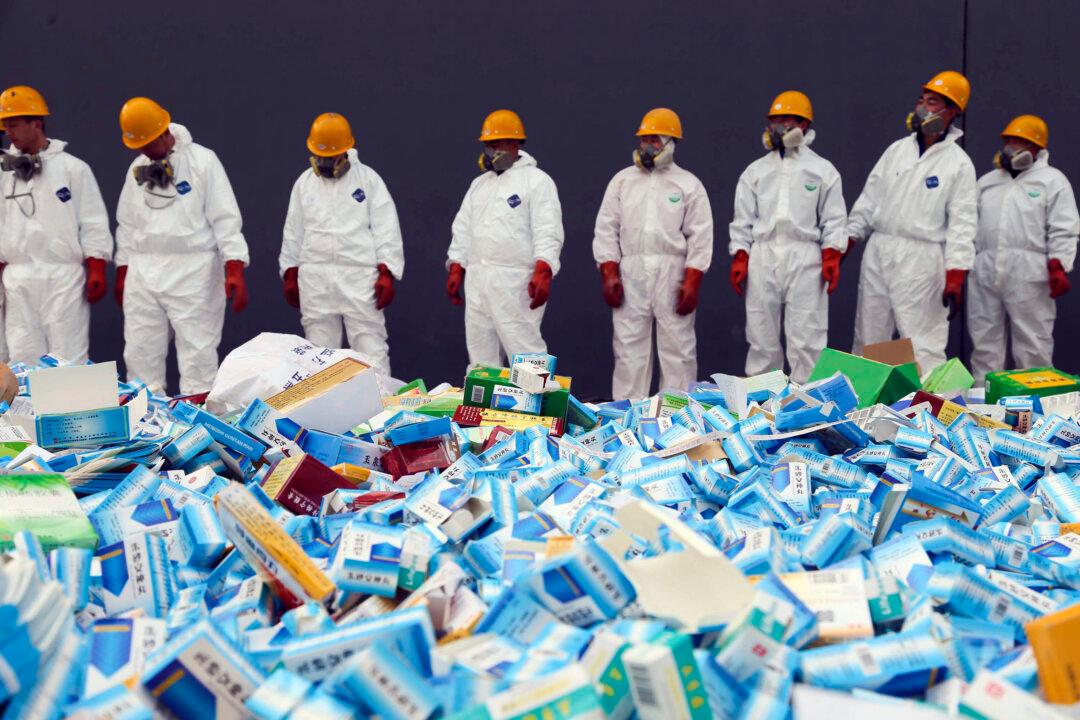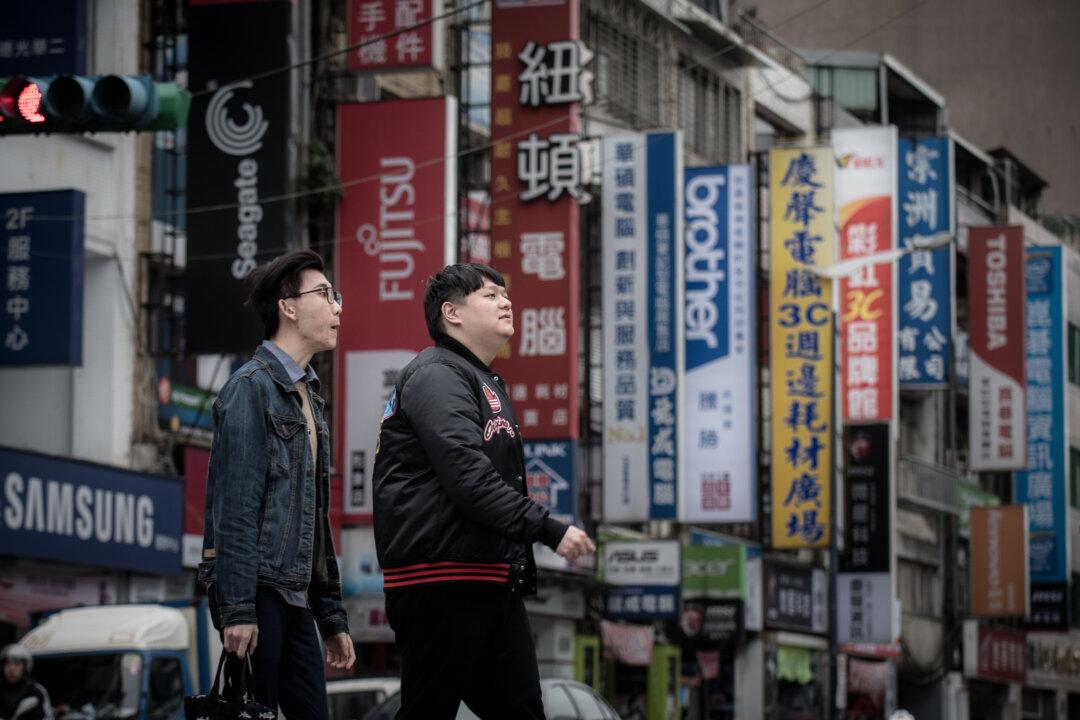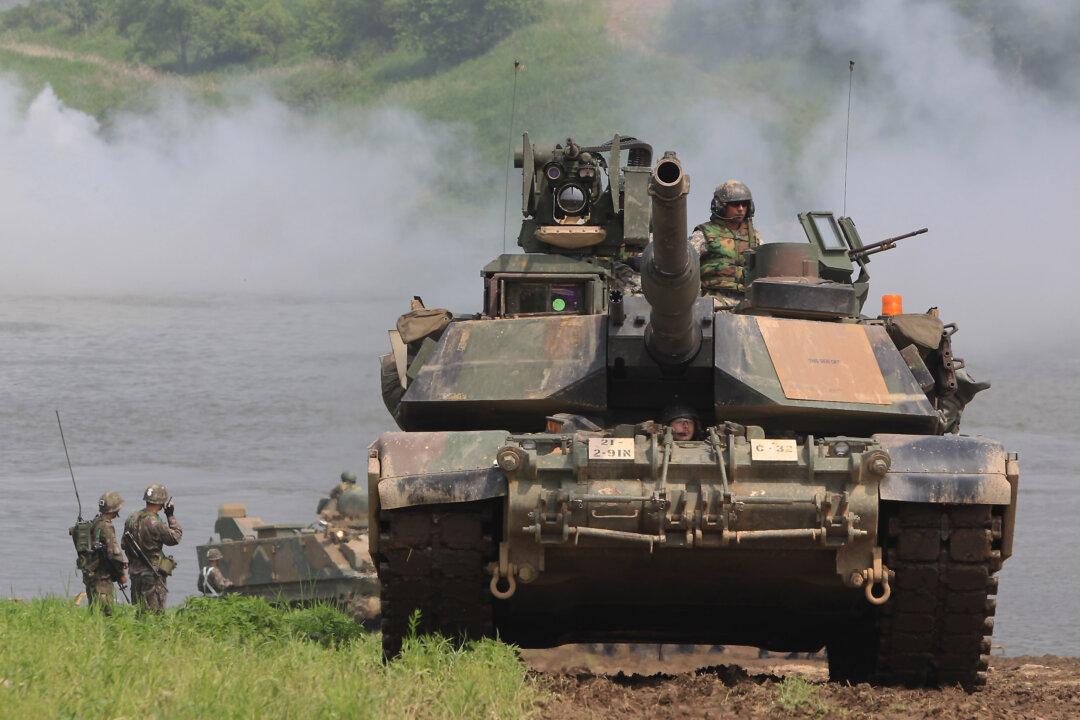A city in Taiwan has voiced anger after the Chinese regime abruptly killed plans for the island nation’s Taichung City to host a multimillion-dollar international sports game next year.
On July 24, the East Asian Olympic Committee (EAOC)—a sub-body of the International Olympic Committee—held a meeting at the request of China and revoked Taichung’s right to host the 2019 East Asian Youth Games (EAYG), which was scheduled to be held in August next year with an estimated 2,300 athletes from nine countries participating.
